UNI NOVA – Research Magazine of the University of Basel
-
 Dossier
DossierIs there such a thing as “fair” borders?
Text: Irène Dietschi / There are many who would blame the wretched state of certain countries today on borders that were arbitrarily and carelessly drawn up by their former colonial powers. Some scholars, however, remain skeptical about this claim.
-
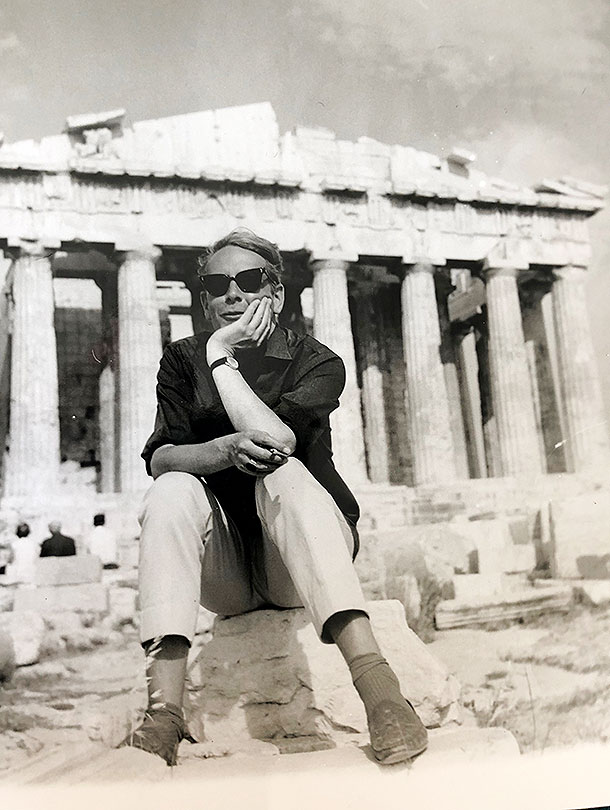 Dossier
DossierMy father’s love of the Orient.
Text: Basil Gelpke / Basel Islamic scholar and drug researcher Rudolf Gelpke (1928–1972) had a lifelong fascination with the Oriental world. Reminiscences collected by his son.
-
 Dossier
DossierSyria: Not without the population.
Text: Samanta Siegfried / For peace to be sustainable, peace talks need to include civil society, says University of Basel political scientist Sara Hellmüller. She was directly involved in an effort to help settle the conflict in Syria.
-
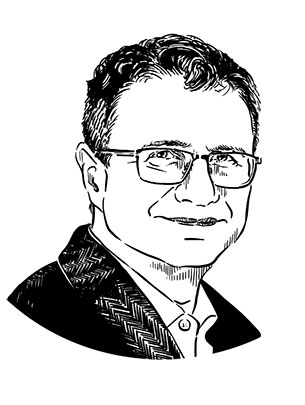 Dossier
DossierIsraeli Arabs as bridge builders.
Text: Alfred Bodenheimer / From segregation to participation: Israel’s Arab citizens could have a key role to play as mediators.
-
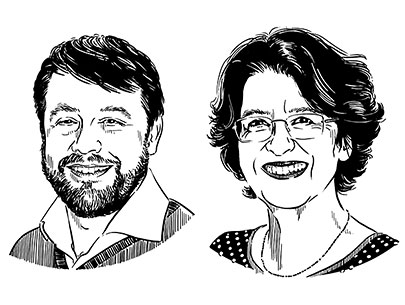 Dossier
DossierRe-centering the Middle East.
Text: Ralph Weber und Madeleine Herren / Time and again, the Middle East has been subjected to external definitions: Europe sees the region as a gateway to Asia, while for present-day China it is part of a vast economic area.
-
 Dossier
DossierPoised to enter the modern age.
Text: Astrid Frefel / Cairo – Egypt’s noisy, polluted and chaotic metropolis of 22 million inhabitants – is to be catapulted into the modern age with a makeover intended to give it a “civilized” appearance.
-
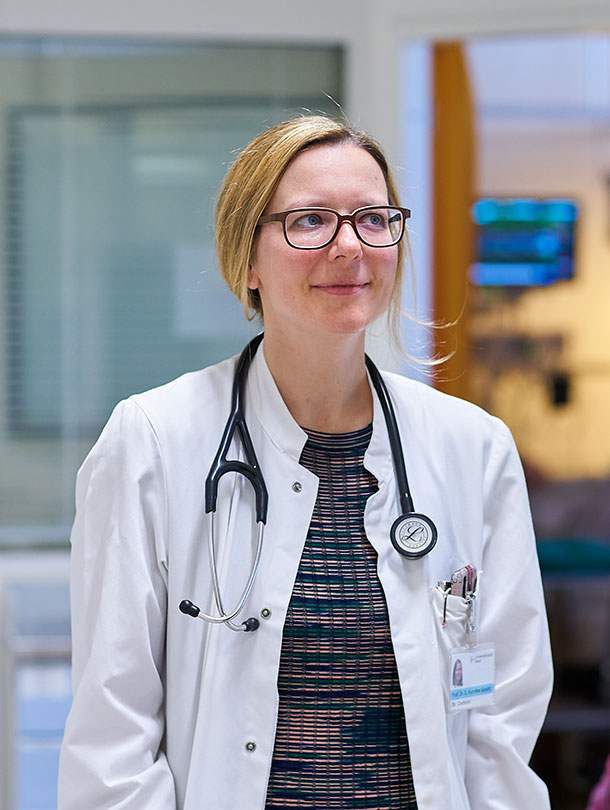 In conversation
In conversation“Technical progress is useless without better communication.”
Interview: Urs Hafner / Sabina Hunziker teaches prospective physicians how to communicate with their patients effectively. As the professor of medicine explains, if someone talks a lot, the most important thing often goes unsaid.
-
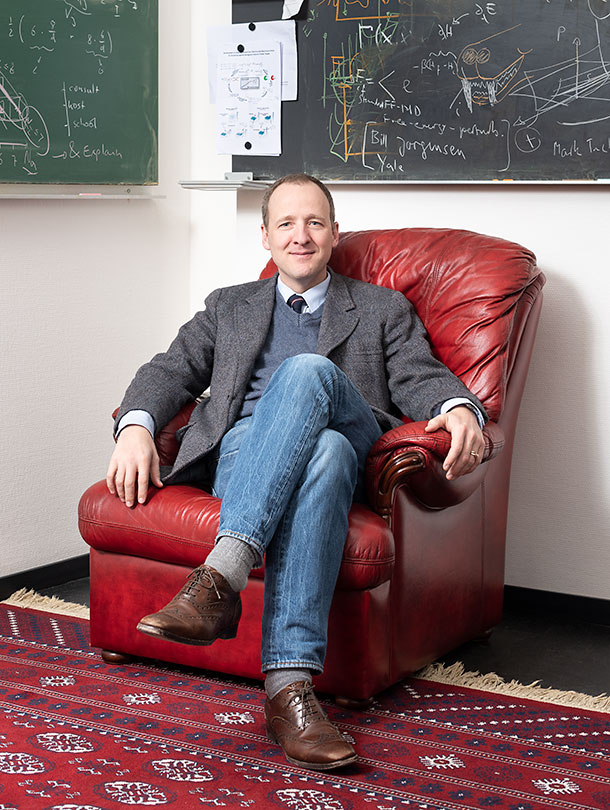 Portrait
PortraitAn explorer of chemical space.
Text: Christoph Dieffenbacher / Scientists are exploring the almost endless world of possible molecules and compounds in their search for useful substances. Anatole von Lilienfeld, Professor of Physical Chemistry, is developing new and faster methods in this quest based on quantum mechanics and machine learning.
-
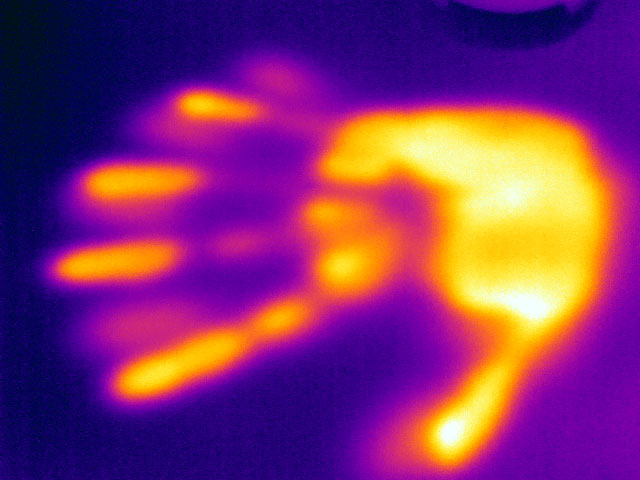 Research
ResearchTemperature taking – on a tiny scale.
Text: Yvonne Vahlensieck / Minute changes in temperature can be used to analyze the growth of bacteria. This technique, known as microcalorimetry, is being applied in various innovative ways by Basel University researchers to aid the development of medical implants, infection diagnostics and food safety testing.
